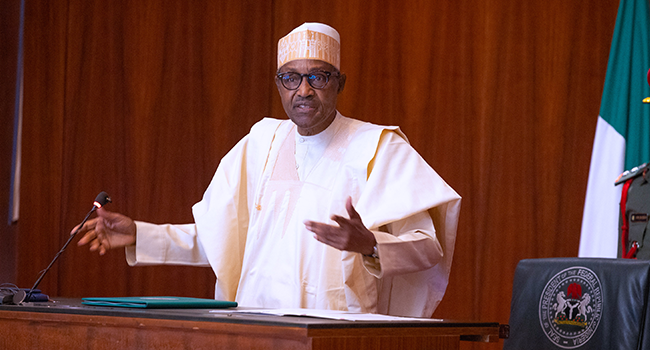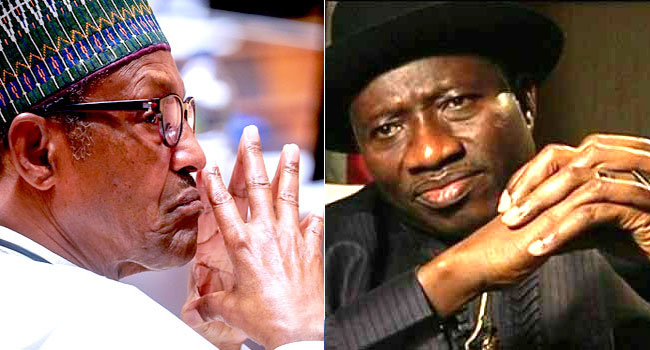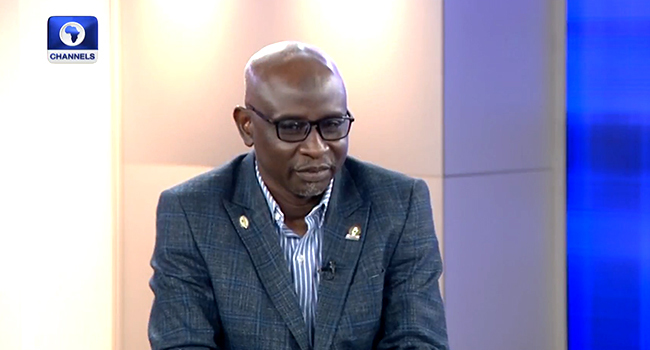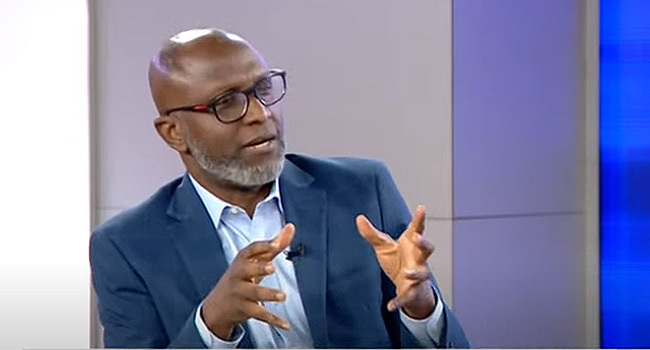
President Muhammadu Buhari says crude oil theft must be addressed.
He made this statement during the inauguration of the Presidential Committee on National Economy which he inaugurated in his office on Friday.
Acknowledging the impact of the menace on the nation’s revenue exchange, the President reminded them that production of crude oil owing to economic sabotage has led to a production decline at half the nation’s OPEC quota.
Buhari, therefore, urged members to tackle the distinct challenge while promising that his administration will work assiduously to reverse the trend.
READ ALSO: Buhari Mourns Death Of Queen Elizabeth II
Members of the committee include Vice President Yemi Osinbajo who is also chairman of the National Economic Council (NEC), Governor Aminu Tambuwal of Sokoto State who represents the Nigeria Governors’ Forum, and other members of the cabinet.
At the maiden meeting, President Buhari defended the nation’s borrowing rate, asserting that it is vital to achieving infrastructural development.
He identified as another source of concern the nation’s resource mobilization (when compared to other countries) which he notes impinges on the nation’s ability to perform.
The Presidential Committee is expected to review the national economic situation and propose measures to ensure the progress of the nation’s economy, receive regular updates on economic conditions in the country, identify issues that require urgent intervention to improve macroeconomic and fiscal conditions, review the impact of existing and new policies on the Nigerian economy and provide directions to relevant institutions responsible for fiscal, monetary and other relevant policies.




